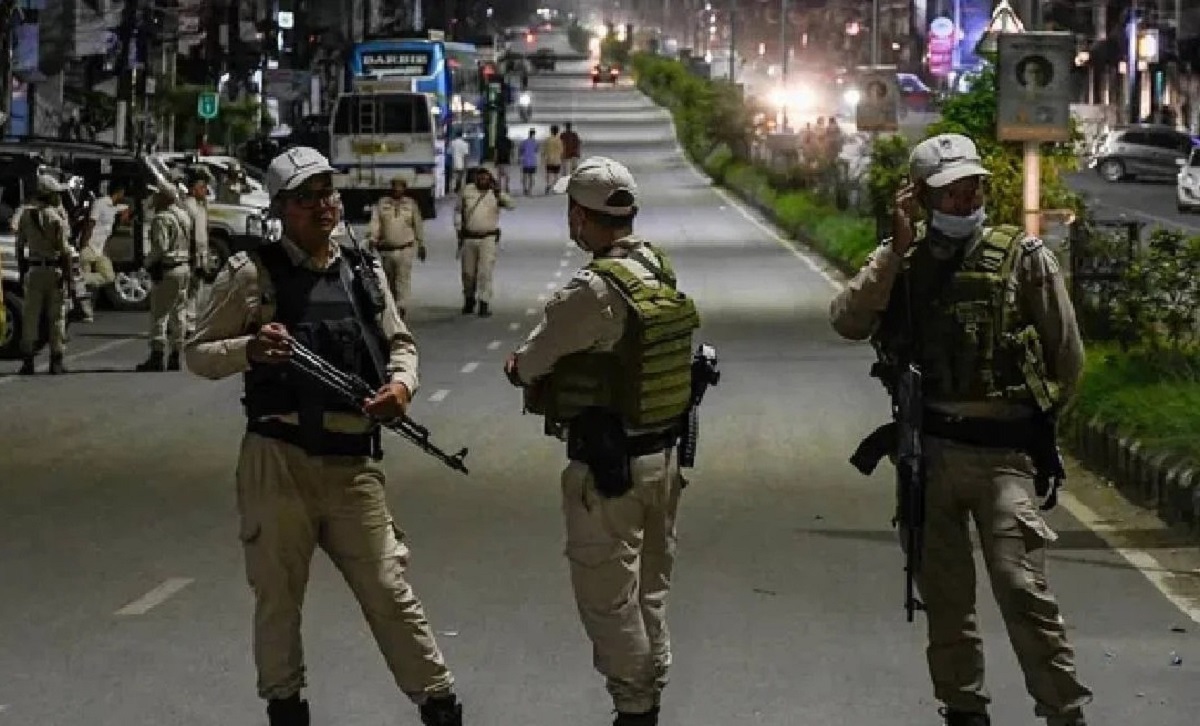On the occasion of the 78th Independence Day, Nagaland Chief Minister Neiphiu Rio introduced the Chief Minister’s Universal Life Insurance Scheme (CMLIS), aimed at providing comprehensive life and accidental insurance coverage to families across the state. The launch took place at the Civil Secretariat Plaza in Kohima. The CMLIS offers a substantial safety net with Rs. 2 lakh coverage for the primary breadwinner and up to three family members in the event of accidental death or disability. In cases of the primary breadwinner’s death, the scheme will provide Rs. 2 lakh coverage. This initiative is designed to ensure financial security for Nagaland’s residents during unforeseen tragedies.
Eligibility for the scheme extends to all indigenous inhabitants and permanent residents of Nagaland, including state government employees, work-charged and casual workers, and accredited journalists. Government servants, who are automatically covered under the scheme, have an age limit of up to 60 years, while the general public can participate if they are between 18 and 50 years old. Enrolment for the CMLIS began on August 15, 2024, and will run until September 15, 2024. Families are encouraged to verify their details on the CMLIS portal by September 5, 2024. Those not covered under the Chief Minister’s Health Insurance Scheme (CMHIS) should register through the Nagaland State Rural Livelihoods Mission (NSRLM) in rural areas or local administrative offices in urban regions.
The scheme offers a user-friendly process for verification and registration. Beneficiaries already under CMHIS need to update their details through the CMLIS portal, including verifying or changing the designated breadwinner and updating accidental insurance coverage. New registrants in rural areas can complete their registration through NSRLM representatives, while urban residents must submit physical application forms at local administrative offices before applying online. Government servants are automatically designated as the head of the family for the insurance policy, with coverage extending to 60 years. In cases where multiple government servants are in a family, all can be recognized as breadwinners under the policy.




